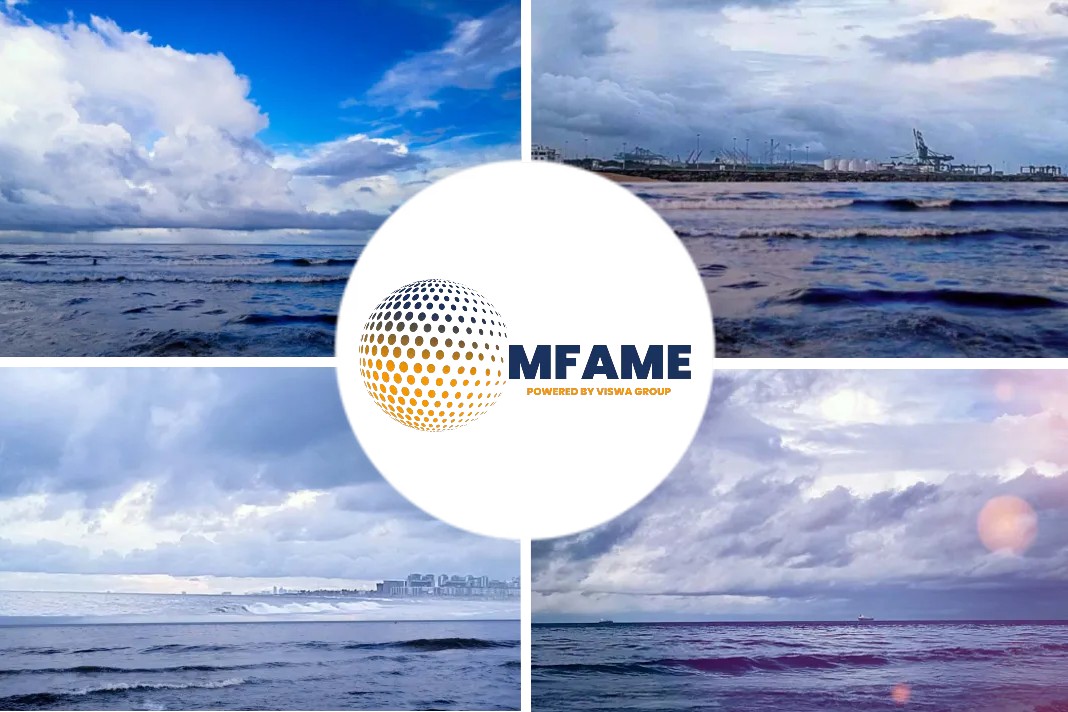The non-operating container ship owner Seaspan Corporation announced Wednesday that it has raised $750 million in “blue”-branded bonds, up 50 percent from a planned $500 million issuance, says an article published in The Maritime Executive.
Fund for sustainability-linked purposes
The funds will be used for sustainability-linked purposes in line with a previously-released “blue transition bond framework,” which names LNG as the transition fuel of choice for the short to medium term.
About the agreement
In March, Seaspan entered into an agreement to build ten new 15,000 TEU dual-fuel LNG-powered boxships, with delivery scheduled for the first half of 2023. They will be chartered to a major shipping line for 12 years. It ordered ten more 7,000 TEU dual-fuel LNG boxships in early July for a long-term charter to Zim.
According to Graham Talbot, Seaspan’s CFO, the company has invested $1 billion in containerships, all attached to long-term charters that will bring in a combined $1.8 billion of contracted cash flow over time. This managed-risk strategy is part of the company’s approach to obtaining an investment-grade credit rating, Talbot said.
Raising large sums
The incentive for the upgraded status is strong: Seaspan’s latest bonds pay an interest rate of 5.5 percent, above the prevailing rate of 2-3 percent for investment-grade corporate bonds. Seaspan and its holding company, Atlas, are raising large sums to build a targeted $2.5 billion portfolio of vessel investments.
Bond reflects investors interest
The $750 million bond issuance reflects investor interest in the exceptional financial opportunities in the global container freight market, as well as a growing interest among financiers for “green” lending products. Seaspan’s bonds are designed to align with the International Capital Market Association’s Green Bond Principles and are informed by the Climate Transition Finance Handbook.
LNG’s role as a marine fuel
There is an active debate in the shipping finance community over LNG’s role as a green fuel or transitional fuel, Standard Chartered executive director Roger Charles told Platts in April. The Poseidon Principles – the green lending standard used by two dozen large shipping banks – notes concern about LNG’s role as a marine fuel, citing the climate-warming influence of methane leakage.
Did you subscribe to our daily newsletter?
It’s Free! Click here to Subscribe!
Source: TheMaritimeExecutive
























